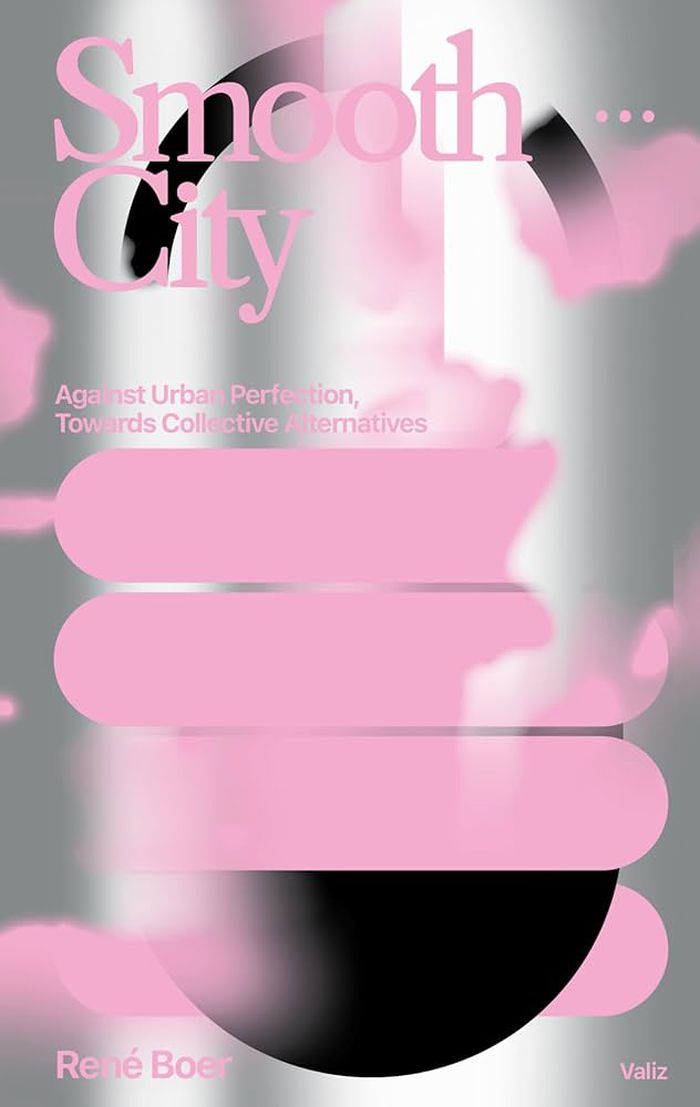$36.00
(available in store)
Summary:
In the foreword of ''Smooth City'', René Boer writes about changes shaping the city center of Amsterdam nowadays: how the streets once known for their roughness, are now characterized by homogenous aesthetics, minimalist shopping windows and shiny Uber taxis. These are typical characteristics of the "smooth city": a city in which the urge for "perfection," efficiency and(...)
Smooth city: Against urban perfection, towards collective alternatives
Actions:
Price:
$36.00
(available in store)
Summary:
In the foreword of ''Smooth City'', René Boer writes about changes shaping the city center of Amsterdam nowadays: how the streets once known for their roughness, are now characterized by homogenous aesthetics, minimalist shopping windows and shiny Uber taxis. These are typical characteristics of the "smooth city": a city in which the urge for "perfection," efficiency and control is constantly increasing. It is a kind of city which is sterile, clean and layered with new technologies, which makes urban life seemingly "perfect" and frictionless. It can be questioned, however, whether there is still place for divergence from norms, forms of friction or any alternative in the smooth city? René Boer argues in Smooth City that this new version of urbanity undermines the democratic nature and the emancipatory potential of cities, and hardly leaves any space for experiment, non-normativity and transgression. ''Smooth City'' offers a critical analysis of the origins, characteristics and consequences of the smooth city and brings some very welcome reflections on the urban reality we are currently living in.
Urban Theory
$54.95
(available to order)
Summary:
The squatting movement in the Netherlands has played a major role in the design of both the urban fabric and domestic interior, and continues to offer alternatives to the dominant, market-oriented housing policies. This book acknowledges squatting as an architectural practice, analysing six locations through drawings, interviews, and archival material to create a record(...)
September 2019
Architecture of appropriation: on squatting as spatial practice
Actions:
Price:
$54.95
(available to order)
Summary:
The squatting movement in the Netherlands has played a major role in the design of both the urban fabric and domestic interior, and continues to offer alternatives to the dominant, market-oriented housing policies. This book acknowledges squatting as an architectural practice, analysing six locations through drawings, interviews, and archival material to create a record of past and current struggles, spaces, and oral histories, thereby forming the basis for a new governmental acquisition policy. It brings together the expertise of the squatting movement with architects, archivists, scholars, and lawyers in order to discuss approaches to what are often criminalised spatial practices.

